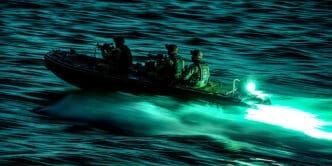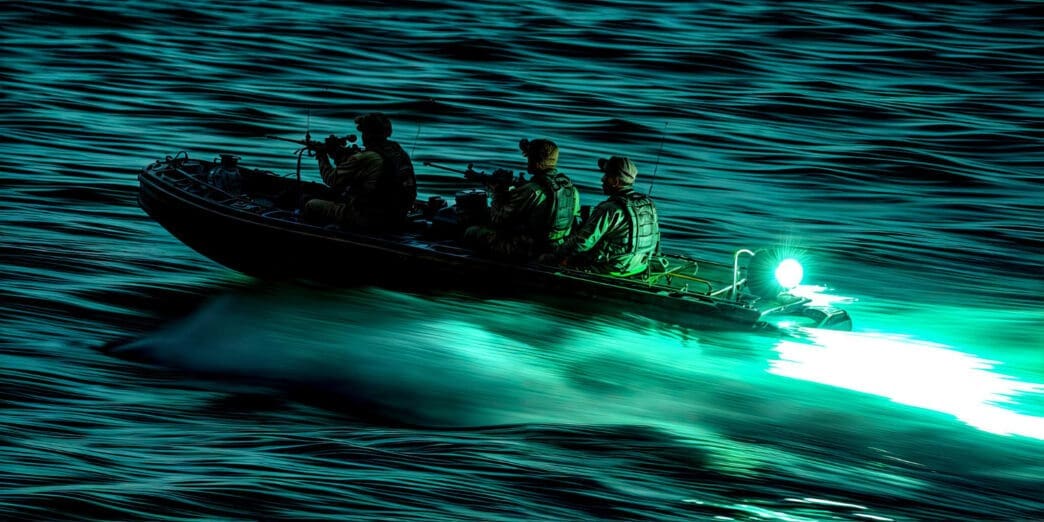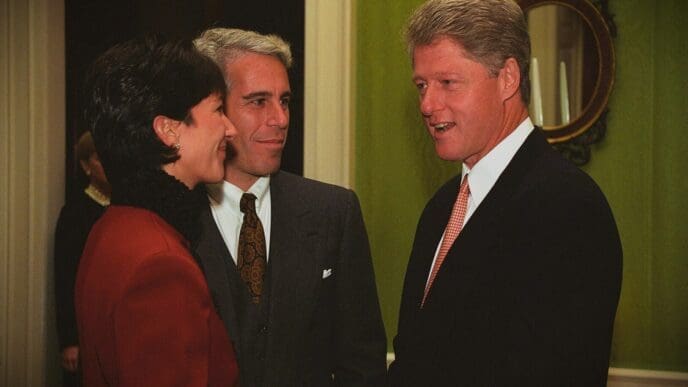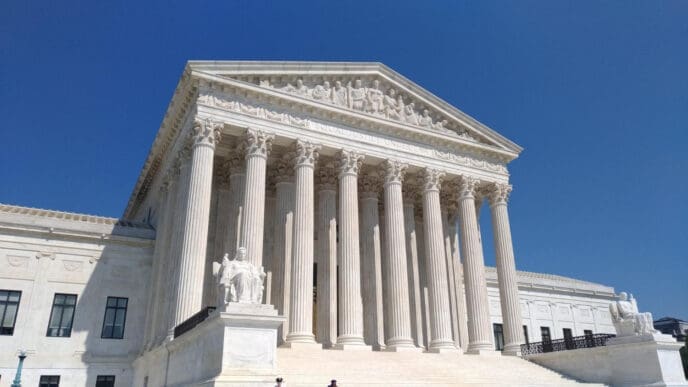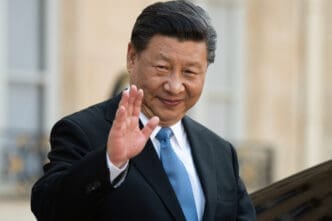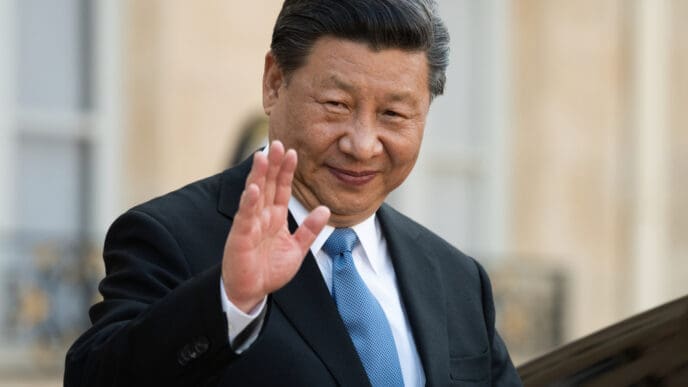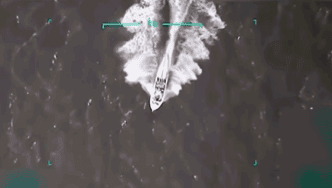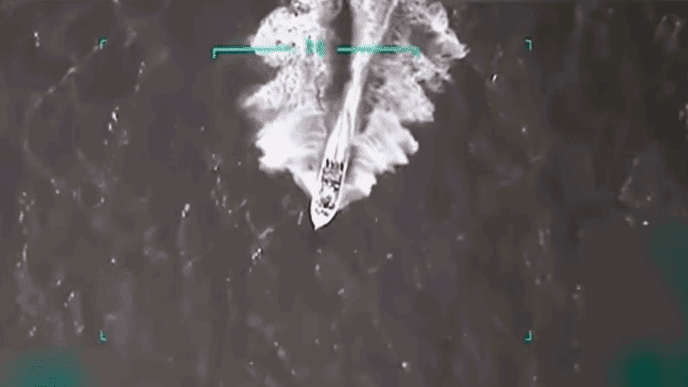Executive Summary
- The Trump administration has significantly escalated its anti-drug trafficking efforts with a deadly military strike in the Caribbean, signaling a shift from traditional interdiction to destroying alleged drug vessels.
- Secretary Rubio justified the new strategy by asserting traditional methods are ineffective and that the US is now committed to “wage war on narco-terrorist organizations,” using their terrorist designations as legal basis.
- Experts have raised concerns regarding the unprecedented nature of the strike, its deviation from established counter-narcotics protocols, and the lack of specific operational details.
The Story So Far
- The Trump administration has significantly escalated its anti-drug trafficking efforts, moving away from traditional interdiction methods, which it views as ineffective, towards a more aggressive strategy focused on “waging war on narco-terrorist organizations.” This shift is underpinned by the administration’s designation of several Latin American cartels, including Tren de Aragua, as foreign terrorist organizations, which provides the legal justification for President Trump’s orders to eliminate what are deemed “imminent threats to the United States.”
Why This Matters
- The Trump administration’s recent deadly military strike on an alleged drug vessel in the Caribbean marks an unprecedented and significant escalation in US anti-drug trafficking efforts, shifting from traditional interdiction to destructive actions against what it terms “narco-terrorist organizations.” This new approach, justified by designating cartels as foreign terrorist organizations, represents a radical departure from established international protocols, potentially setting a more aggressive precedent for US counter-narcotics operations and raising concerns among experts about its legal and operational implications.
Who Thinks What?
- The Trump administration, through Secretary Rubio and Vice President Vance, asserts that the deadly military strike on an alleged drug vessel is a necessary and legally justified escalation against “narco-terrorist organizations,” arguing that traditional interdiction methods have been ineffective and that President Donald Trump has the authority to eliminate imminent threats.
- Retired US Ambassador Luis Moreno criticizes the strike as unprecedented, questioning why established protocols for tracing vessels to their destination for seizure were not followed and suggesting the action was taken “for drama.”
- Benjamin Gedan, a foreign policy fellow at Johns Hopkins University, notes that while targeting alleged drug traffickers is not unusual, the method of “firing from the air and killing 11 alleged drug traffickers” represents a significant and atypical departure from traditional interdiction, boarding, and arrest procedures aimed at gathering intelligence.
A recent deadly US military strike on an alleged drug vessel in the Caribbean, which resulted in 11 fatalities, signals a significant escalation in the Trump administration’s anti-drug trafficking efforts. Secretary of State Marco Rubio indicated on Wednesday that similar destructive actions would continue, asserting that traditional methods of intercepting drug-carrying vessels have proven ineffective.
Shift in Counter-Narcotics Strategy
Speaking in Mexico City, Secretary Rubio argued that the long-standing policy of interdicting drug boats had failed, claiming that drug cartels anticipate losing a small percentage of their cargo. Instead, he stated, the US is now committed to “wage war on narco-terrorist organizations,” emphasizing that blowing up such vessels is the effective deterrent.
Rubio confirmed that the strike on Tuesday was carried out on the president’s orders. He stated that the US possessed intelligence indicating the vessel, originating from Venezuela and allegedly linked to the criminal organization Tren de Aragua, was en route to the United States. He added that such operations would recur, suggesting another might be underway.
Legal Justification and Unanswered Questions
Earlier this year, the Trump administration designated several Latin American cartels and criminal organizations, including Tren de Aragua, as foreign terrorist organizations. Both Rubio and Vice President JD Vance have cited these terrorist designations as a legal basis for the deadly strikes, with Rubio noting that President Donald Trump has the authority to “eliminate imminent threats to the United States.”
Despite these justifications, specific operational details of the strike remain unclear. Rubio did not disclose the type of drugs on board or the exact method of the boat’s destruction, referring such inquiries to the Pentagon. The department has not yet briefed reporters on the incident.
Expert Concerns and Criticisms
Retired US Ambassador Luis Moreno, who has extensive experience in counter-narcotics at the State Department, described Tuesday’s strike as unprecedented. Moreno questioned why the US did not follow its established protocol of tracing the vessel to its destination to seize the entire shipment, rather than destroying it without warning in international waters. He suggested the action was taken “for drama, for Hollywood effect.”
Benjamin Gedan, a foreign policy fellow at Johns Hopkins University, echoed concerns regarding the use of force. While acknowledging that US targeting of alleged drug traffickers is not unusual, Gedan noted that the typical approach involves interdiction, boarding, arrests, prosecution, and efforts to turn suspects into informants to target higher-level figures. He stated that “firing from the air and killing 11 alleged drug traffickers is not the typical approach.”
The Trump administration’s recent military strike on an alleged drug vessel marks a significant departure from traditional US counter-narcotics strategies, prioritizing destruction over interdiction. While Secretary Rubio asserts this new approach is necessary to combat “narco-terrorist organizations,” the operation has raised questions among experts regarding its legal basis, operational specifics, and deviation from established international protocols.

